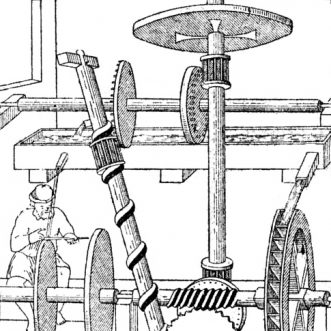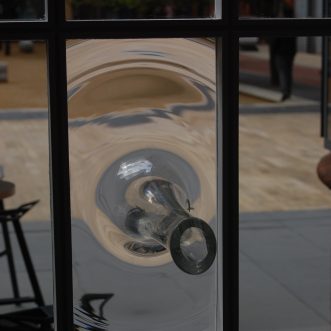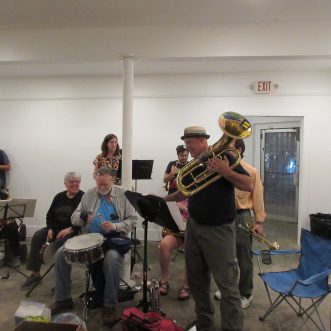April 4, 2019
I’ve been having a problem with “employee engagement” for a while now. It’s a similar problem to the one I have with “customer experience”.
I’ve been thinking about why this is is, and I’ve realised that its because both these phrases speak from the same perspective. They’re really about ‘me the employer’ or ‘me the seller’. Actually, they are most often used by corporates, so are often really about ‘me the shareholder’.
As a result they feel (to me at least), manipulative, even extractive. They are about what I can get from you the employee, or you the customer.
Employees don’t want to be ‘engaged’, they want the same things you do:
Agency – to make their own ‘me-shaped’ dent in the universe.
Mastery – to learn and master new skills.
Autonomy – to be free to choose how we make their dent.
Purpose – to do this for something bigger than themselves, that has meaning beyond the sale.
Community – to do all this with ‘people like us’.
And the only experience the customer wants is one that gives them at least some of the same things you want:
Agency – to make their own ‘me-shaped’ dent in the universe.
Mastery – to learn and master new skills.
Autonomy – to be free to choose how we make their dent.
Purpose – to do this for something bigger than themselves, that has meaning beyond the sale.
Community – to do all this with ‘people like us’.
Perhaps if more businesses thought from this perspective, and tried to give their employees and customers what they really want, we’d have a happier, more productive world.









